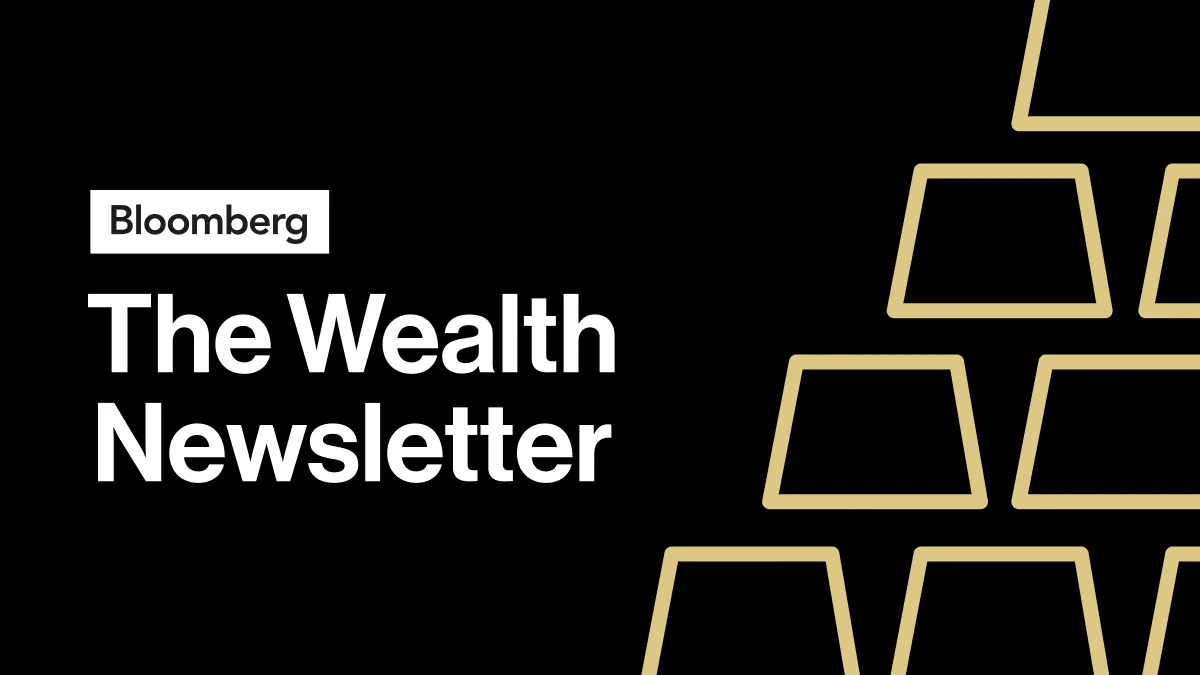We contributed to this week’s Bloomberg Wealth newsletter with a message that’s important for even the highest earners: have a financial plan.
Just like a business, there are two sides to any person’s cash flow: the income and the expenses. Even if the former is very large, one’s wealth is equally determined by the latter.
By taking steps like ‘paying yourself first’, the robustness of one’s balance sheet is usually vastly improved. Discretionary spending is usually – though not always – the challenge for the highest earners; a financial plan allows tax efficient savings to occur almost automatically whilst typically leaving enough money to enjoy life as well.
The result is a pot of money that can be used later in life when one is not working as hard nor earning as much money. This is especially important for high-earners who can only contribute £10,000 per year into their pensions.
Of course, having a financial plan isn’t just for high-earners: it’s just as important for those with an already established pot of wealth. For example, entrepreneurs who have exited a business have a challenge on their hands in terms of managing their expenses relative to the amount of money they have. Intriguingly, this challenge isn’t all that different from a retiree figuring how much they can afford to spend each year from their pension.
For all of these people – really for anyone with excess earnings or wealth – a coherent financial plan is an extremely powerful tool. That’s why we put developing our client’s unique financial plan at the core of their personal investment mandate.

As featured in






 Production
Production